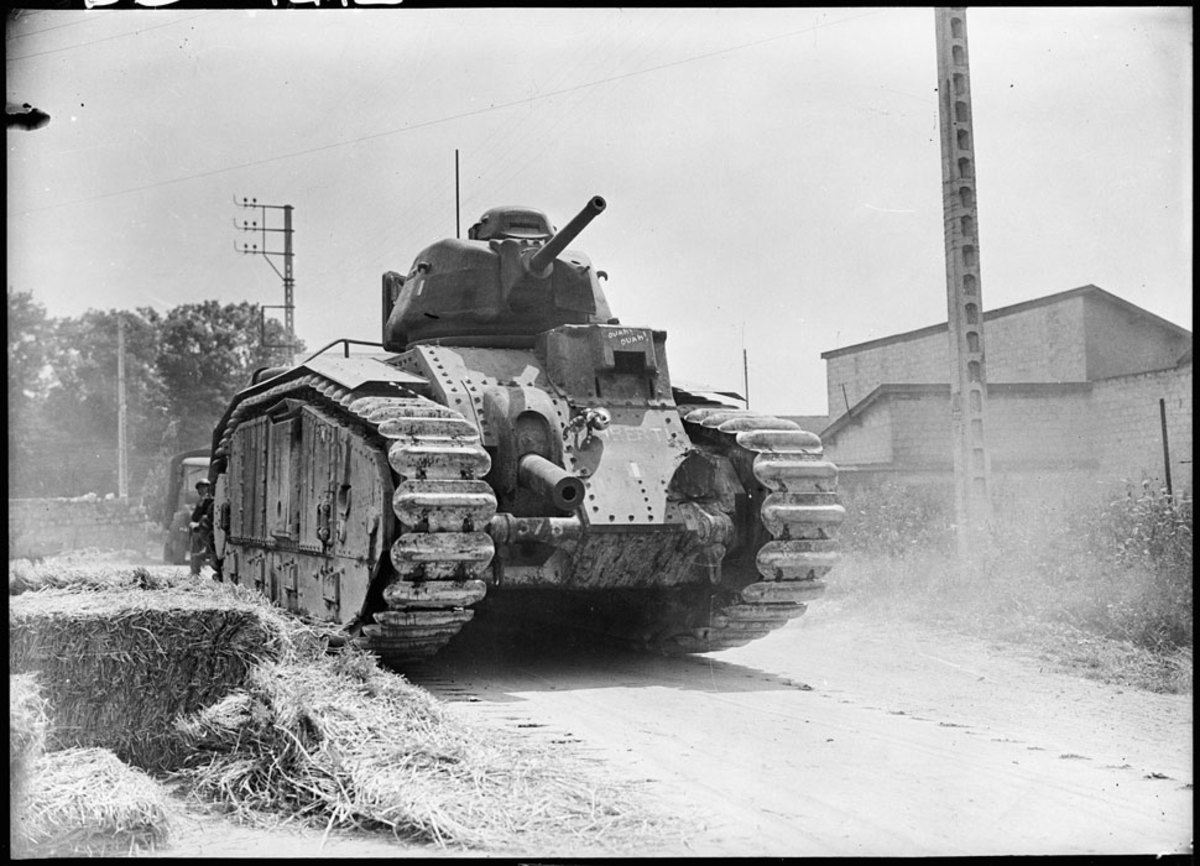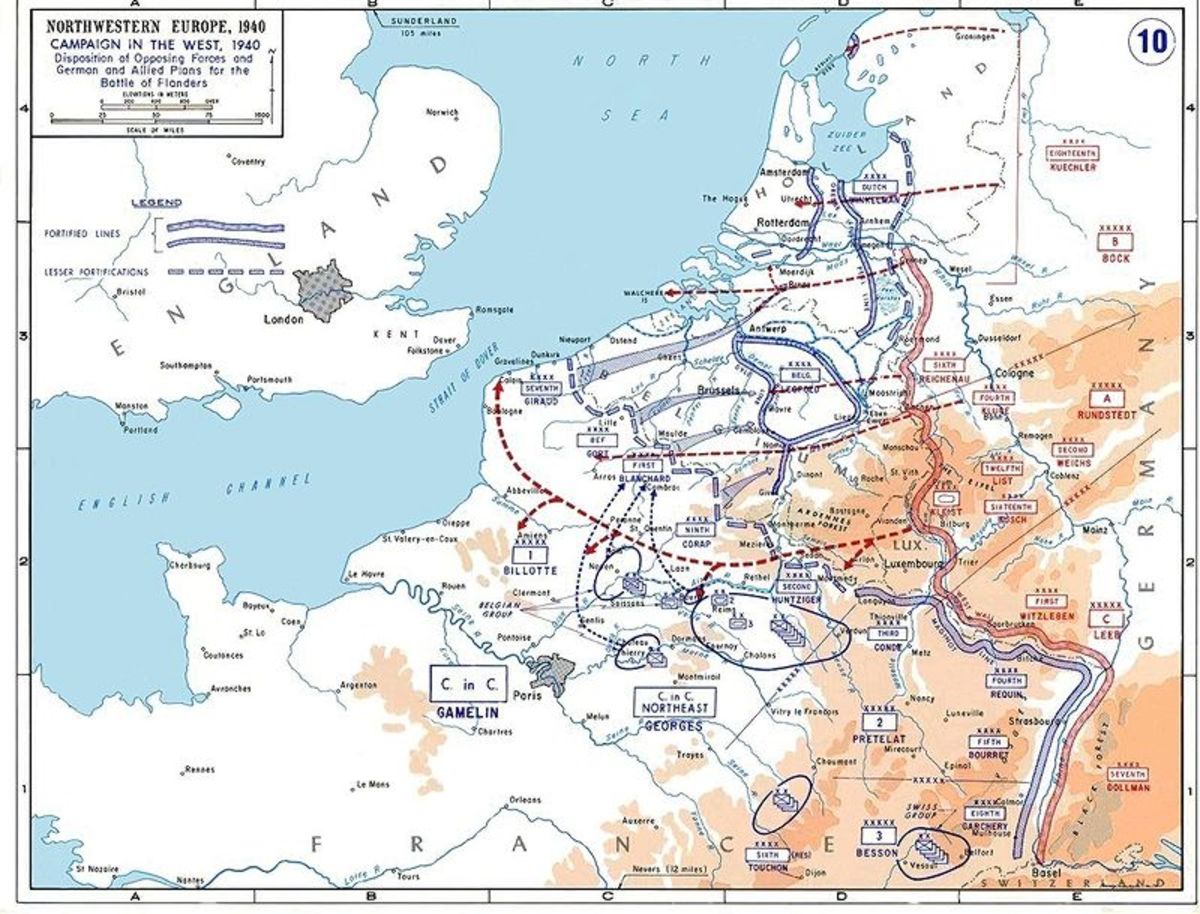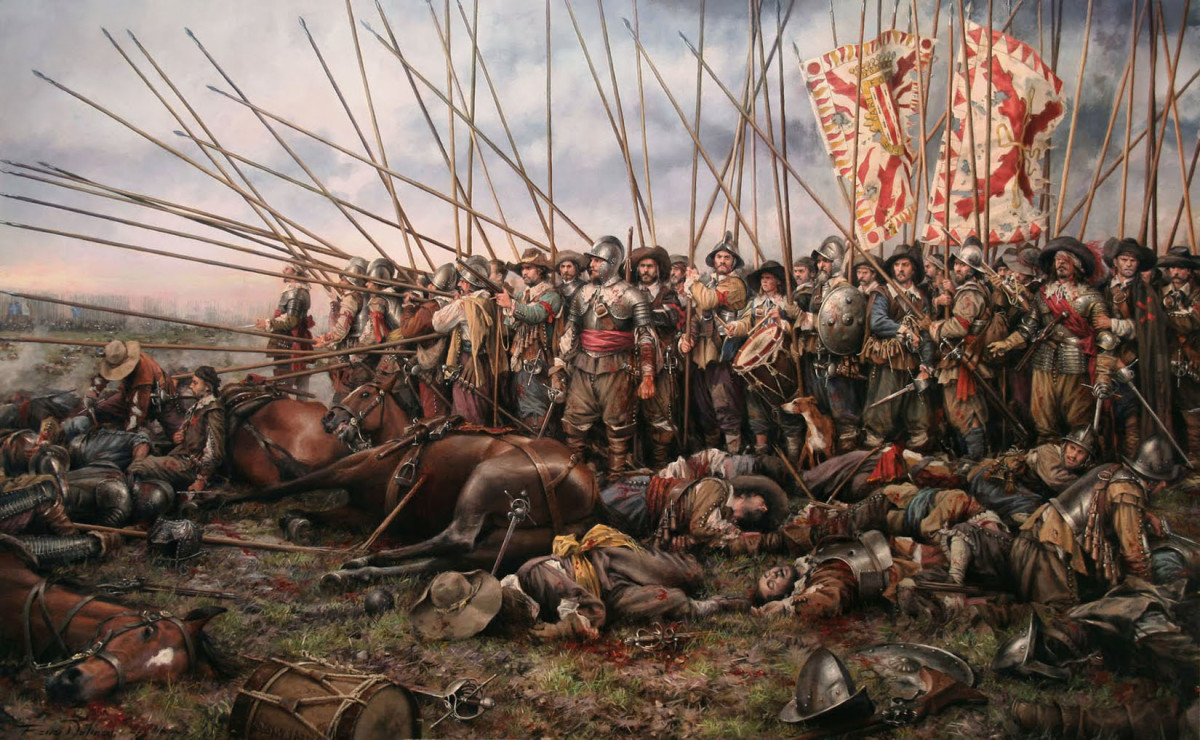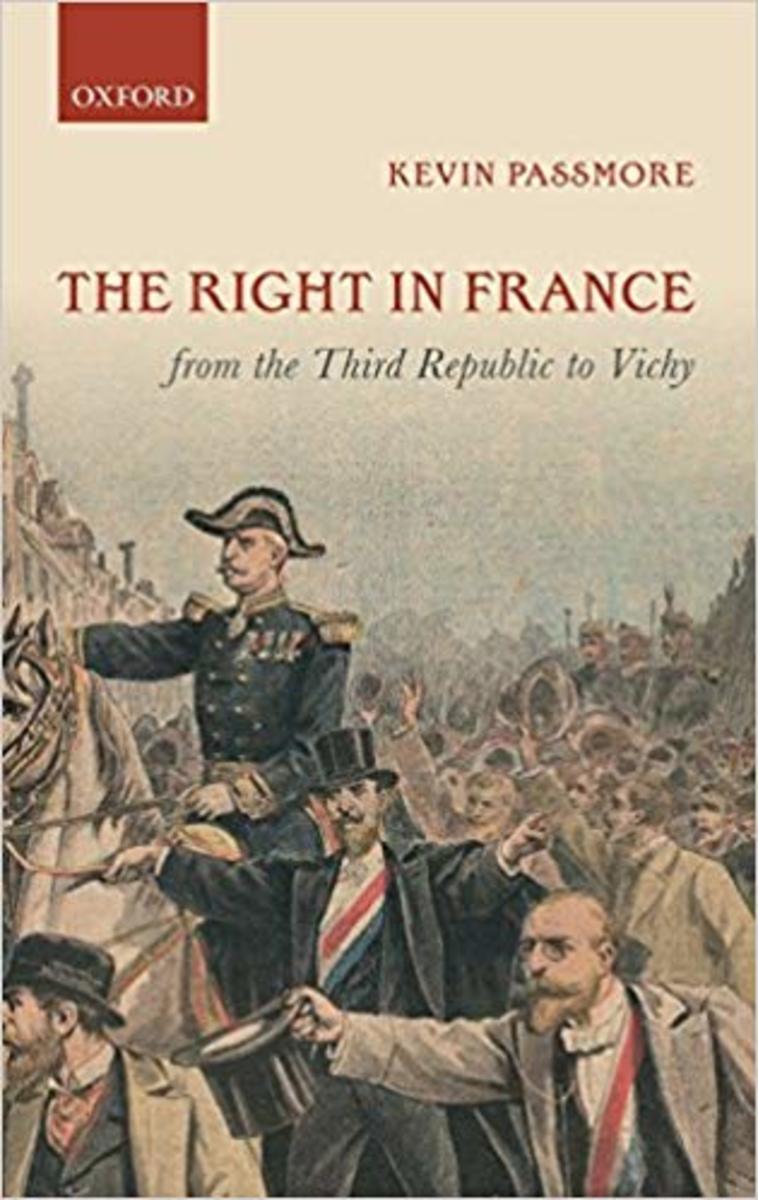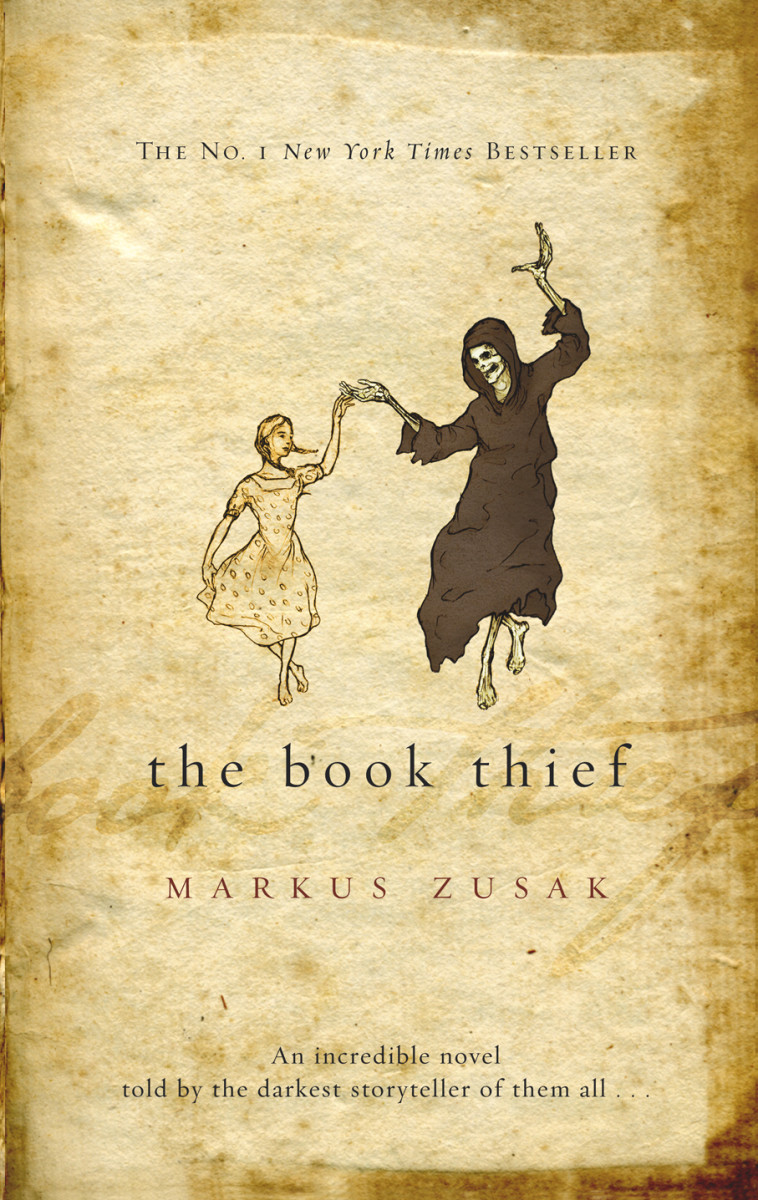A Shining Historical Synthesis - The Fall of France: The Nazi Invasion of 1940
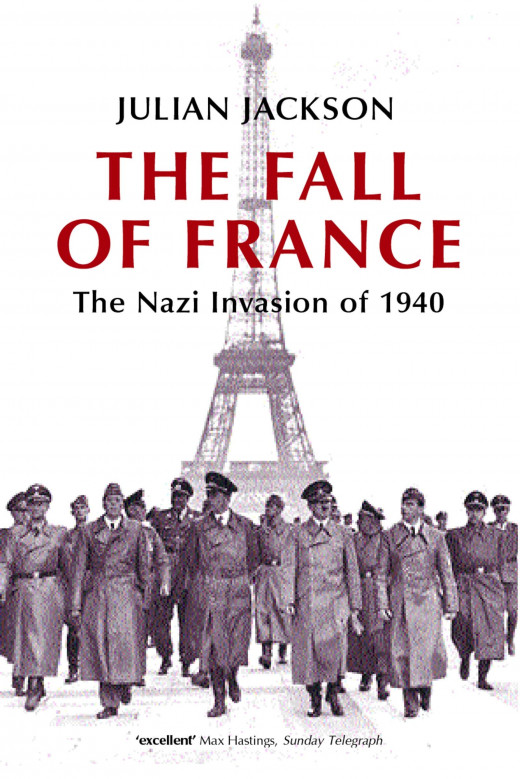
What should a summary of an event attempt to do? The Fall of France is an event of such cardinal historic importance that a summary struggles to cover all of it. Short summaries, such as France 1940: Defending the Republic, mostly content themselves with writing about the battle itself and its immediate consequences. This book does a good job at this, but it is also very unsatisfying if one is looking for anything more. If you fall into this camp, you could do worse than to check out Julian Jackson's The Fall of France: The Nazi Invasion of 1940. Jackson's book is an excellent synthesis of various sources and ideas about the Battle of France, producing a book which gives a good idea of what the various debates are about why France fell, some of the key weaknesses of the French army - but also even more importantly placing them into context. It moves beyond seeing the Fall of France as just an aberration in French history or the product of the supposed decadence of the Third Republic and instead places the Fall of France in the course of history, in the profound psychological impact that it has had upon France and how it continues to reverberate throughout history, in memory, politics, and historiography.
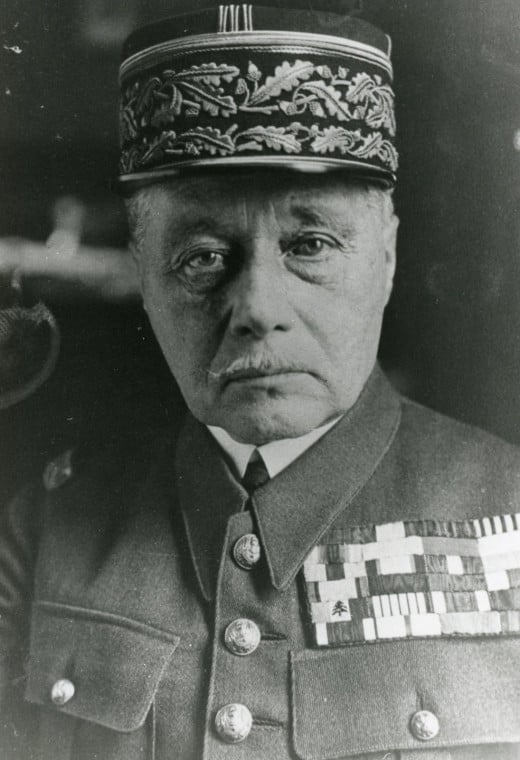
The organization of Jackson's work is different than the usual chronological summary of the battle, with only the initial section following a chronological timeline of events. The first three chapters are divided into Chapter 1 - "We are Beaten" about the German initial attack and the fighting in Belgium and the failed counter-attacks against German forces on the Meuse, as well as planning and preparation leading up to war and what French commanders were like. After this it charts the increasing tension between the French and their British Allies as well as their problematic allied structure in general in Chapter 2, "Uneasy Allies," as the British and French alliance structure fell apart in the stress of battle, Belgium surrendered, and the Allies evacuated Belgium. This lead to the third chapter - "The Politics of Defeat," with how the French now had to face up to the consequences of military disaster, with the split in French leadership between French prime minister Reynaud and his supporters and key governmental figures such as Pétain or the French high commander, Weygand, who wished to surrender. Ultimately Pétain's faction won out, in much part thanks to Weygand's efforts to make any effort at further resistance impossible. As with previous chapters, this chapter looks back at the past too, in the divisions that had been nurtured in French society during the 1930s and the struggle between Reynaud and Daladier which split the French government, and the tensions at the heart of the French war effort. All of these chapters are united in this way, in looking at both at the present key trend in France, be it military collapse, strained alliances, or internal discord, and tying them into previous trends in French history.
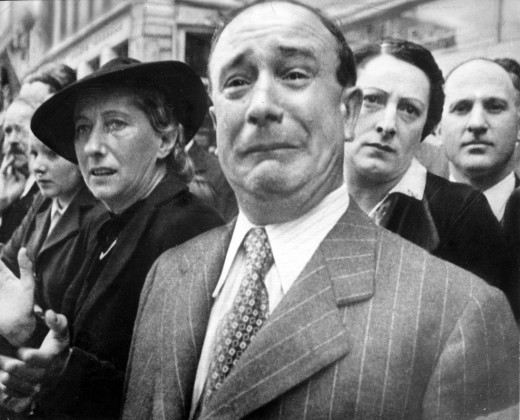
After this, Chapter 4, "The French People at War" concerns the French military and people and their morale. Through looking at French soldiers on the ground and their experiences of the battle and the phony war, as well as in reports about mobilization in France and French perceptions of the conflict, it shows that the picture of French morale as purely defeatist was overblown - there were bad and good units in the French army, and the French went to war not with tears, but with grim determination to do what they had to. When the collapse came, it came not in just shock at the battle, but in shock at terrifying new tanks and aircraft against which the common soldiers felt helpless. Furthermore, both British and German troops and normal people had their own fears and worries about the war.
From this, the second chapter of the book looks at what the consequences were, compared France internationally, and what the memory of the battle has been in France. Chapter 5, "Causes and Counterfactuals" covers how French historians looked at the battle such as Marc Bloch and his ideas of what led France to collapse, and why the battle itself has received relatively little attention in France itself. To dispel the idea of France's defeat as uniquely inevitable in 1940 or other nations as being uniquely strong and resolute in comparison to France, it identifies that many of the same trends were present in the United Kingdom and its political class as in France with Vichy, and how in 1914 France had many of the same problems that led to catastrophe. Germany furthermore, had its own problems with morale and its own attack plan into France was dangerously risky.
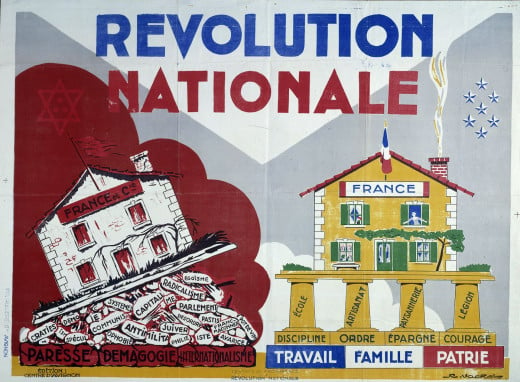
The final chapter, number 6, "Consequences," examines how the French defeat was felt differently by different French people - from Mitterrand who drew his formative years from being a prisoner of war in German, to de Gaulle and his focus on overcoming defeat, how the French right wing seized upon the issue to remake France morally, spiritually, and politically, and how the defeat of France made a world war truly possible. French defeat paved the way for a new world to be born, and for a dramatically restructured France to emerge from the ashes of the old.
There is nothing, it must be said, particularly innovative nor original about the recounting of the actual battle component of The Fall of France. Everything it says has been said elsewhere, and in greater detail, by recountings of the campaign such as Case Red: The Collapse of France, To Lose a Battle, or The Breaking Point. Certainly, it is not poorly done by any standard - although like many other books it does focus on the German breakthrough and the collapse of the French armies in the north in May, with much less being written about the fighting in France in June, even if it does note that French resistance stiffened and uses the better performance of French armies in June as an important part of its arguments about the strength of the French armies, and not just their weaknesses. And as well, it has almost nothing in the way of an air component, only talking about the massive German air attacks at Sedan, and not about the air operations that happened throughout the rest of the campaign. Its greatest strength is its portrayal of the characters of the military high commanders. Men such as Gamelin, often critiqued and given very negative portrayals, receive not exactly a revision, but a rehabilitation - that Gamelin was ultimately a managerial style of general, who would have much in command with men such as George Marshall, Alan Brooke, or Alexei Antonov, the material organizers of victory in 1945. Gamelin comes off less as an incompetent warrior and more as the descendent of organizers like Carnot, the "organizer of victory" from l'An II of the French Revolution, but one who unlike Carnot was unable to put his material and organizational skills to use due to the rapid defeat of French forces on the battlefield. There is a consistently human visage which is given to the military men and politicians who pass through the pages, granting a real understanding of the Fall of France in terms of individuals and people, beyond just a recounting of tank breakthroughs and the surrender of the French government. It is a great asset which is well deployed through.
There are two distinctive strong points that the book possesses in its broad look at the French: its useful usage of counterfactuals and examination of French moral to give a depiction of the state of France in 1940 and why its morale collapsed the way it did, and in integrating the Fall of France into French and world history.
Morale is something which matches the strength of the book, an excellent pen for describing people and personalities. It shows through windows into average French soldiers and their lives and service how the morale of the French army developed, how they reacted to the long boredom of the Phony War, to bad living conditions, and to the German assault - and in doing so it avoids simple trite observations and generalizations about the French army, and about the French nation as a whole. Instead of declaring that the French were universally brave, or universally cowardly, it looks at how individual units were in terms of morale, beyond (although nevertheless correlated with) the division into active, A, and B divisions. Mobilization and nationale morale play their role, and the reaction of people to the armistice and to the war. This also matches up to the great other feature of the book, that it does an excellent job placing French morale in context - after all, Britain and Germany both suffered their doubts about the war, and if it had been Britain that was defeated, we could have found many of the same trends present in the United Kingdom as in France.
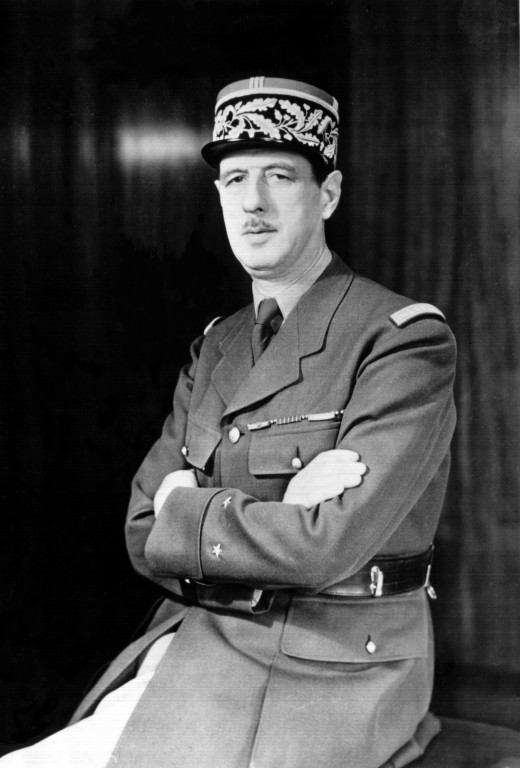
As important as this may be, by far the best feature of this book is how it does a thoroughly superb job in placing the Fall of France into historical and international context. Many books focus on the Battle of France overwhelmingly in internal and military terms, and at most look at the European context. The Fall of France is what transformed a medium sized European conflict between four nations, Britain, France, Germany, and Poland, into a massive world war, and what made Nazi Germany's domination of Europe possible, its invasion of the Soviet Union in particular. But the Fall of France has had a tremendous psychological impact on France, one which led to the rise of Gaullism and which has shaped French international politics abroad - as well as its image of itself. France has struggled to come to terms with the message of 1940, has struggled to deal with France's dramatic fall in prestige and power, its long secular decline - something which has been happening for centuries. Gaullism has been a hail mary, to attempt to resuscitate French power, which has been vital in the acquisition of the French nuclear arsenal - but today the institutions of Gaullism appear increasingly defunct in France, increasingly unpopular and out of step with a world which has changed and moved on. Jackson's work does an excellent job with examining this.
It also reads well, with its style avoiding simple chronology in both its structure and its chapters, with even the chapters that are in the closest thing there is to a chronological period - the Battle of France itself - examining themes and leitmotifs in why the Battle of France was lost. The most brilliantly written book on the Battle of France will always be Alistair Horne's To Lose a Battle but Jackson does an excellent job organizing his work and keeping it fresh to read - and also in having a good selection of photos and images to accompany it.
For somebody looking for a book on the Fall of France which gives a far-reaching, far-seeing, readable, and well rounded account, both on the battlefield but even more important in placing it into context, Jackson's book is a great work. Certainly, for those who wish to look at a purely military accounting of the battle, there are dedicated books out there - but Jackson has done excellent work in writing a synthesis of the many books and views published about the Fall of France, which moves beyond just assigning blame, and which attempts to truly understand France and the French of the year 1940, and how their trials and tribulations would reverberate throughout history.
© 2020 Ryan C Thomas

